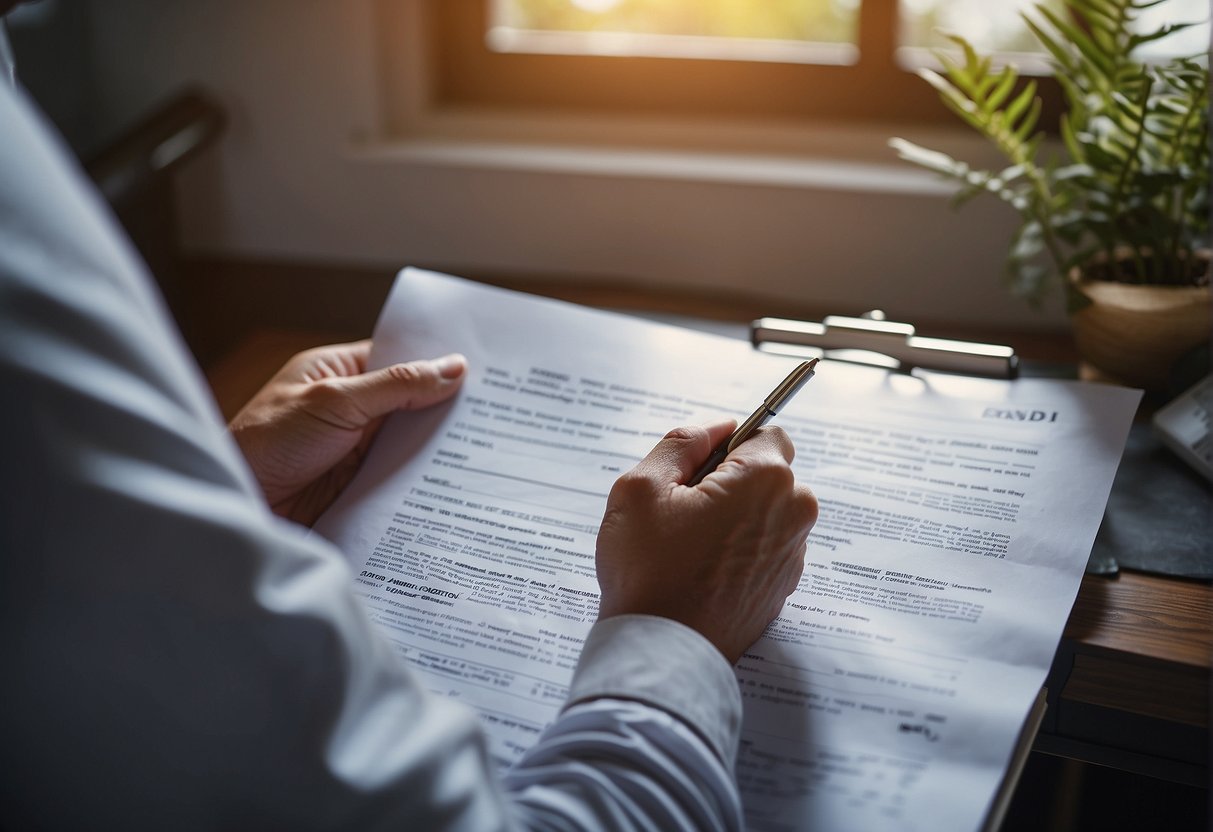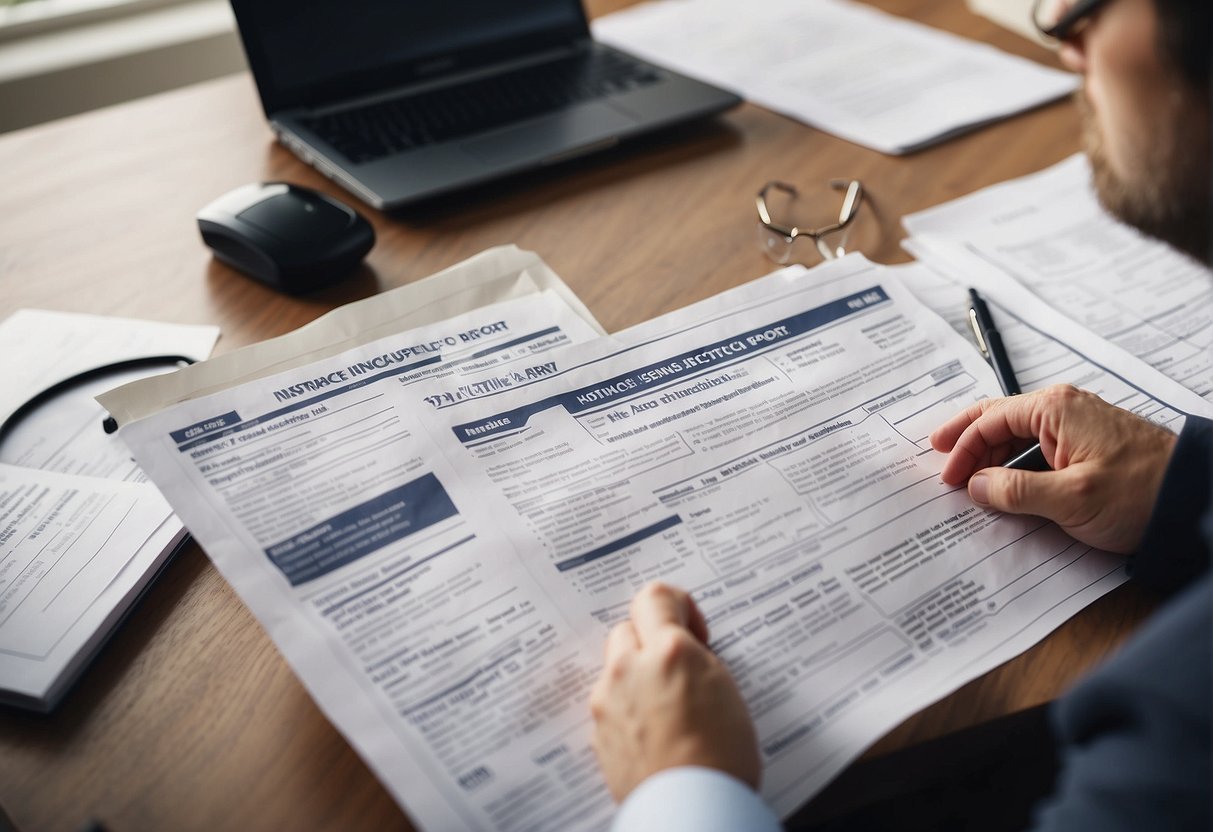When a homeowner is in the process of obtaining or renewing home insurance, they may find that their insurance company requests a home inspection. Insurance companies conduct these inspections to assess the risk and ensure that the property meets underwriting standards. The assessment typically includes looking at the condition of the home’s structure, roofing, electrical systems, and other critical components. Depending on the outcome of the inspection, the insurance company may adjust the terms of coverage or premiums.
The reasons for a home insurance inspection are varied. They can occur as part of a new policy application, policy renewal, or after a claim has been filed. In all cases, the goal is to identify potential issues that could increase the likelihood of future claims. The inspection process helps insurance companies set accurate premiums by determining the level of risk associated with insuring a particular property.
Moreover, while the concept of an insurance inspection may be intimidating to some homeowners, understanding what it entails can alleviate concerns. The process typically involves a visual assessment where an inspector examines the home’s critical systems and structural integrity. Homeowners who are prepared for the inspection and understand why it happens can better manage their insurance policies and potentially reduce their premiums.
Insurance Company’s Perspective on Inspections

Insurance inspections are a critical tool used by companies to assess and mitigate potential risks associated with providing coverage. They are an integral part of the underwriting process that helps in determining the accuracy of a policy’s terms and the premium being charged.
Role of Inspections in the Underwriting Process
Inspections serve a significant purpose in the underwriting process, allowing insurance companies to confirm details provided by policyholders about their property and to uncover any risks that may not be immediately apparent. The underwriters require this information to:
- Verify Property Details: An inspection helps to ensure that the information submitted by the homeowner, such as square footage and home features, is accurate.
- Risk Assessment: Inspectors look for potential hazards or conditions that could increase the likelihood of a claim, such as outdated electrical wiring or structural damage.
- Replacement Cost: The inspection determines the cost to replace the home, which is essential for setting coverage limits.
- Liability Issues: Potential liabilities, like swimming pools or trampolines, are inspected for safety and proper installation.
The findings from insurance inspections contribute to the development of a fair and precise insurance policy. Inspectors will examine various parts of the property, often including the roof, HVAC system, structure, plumbing, and electrical systems. By identifying any deficiencies, insurance companies can advise homeowners on necessary repairs or improvements to maintain coverage and prevent future losses. This information is crucial not only in drafting the policy but also in safeguarding both the homeowner and the insurance company’s interests.
Frequently Asked Questions

When it comes to home insurance inspections, policyholders often have questions about the process and its implications. This section addresses the most common inquiries with straightforward answers.
Can a homeowner legally decline an inspection requested by their insurance provider?
A homeowner may refuse an inspection, but this can lead to complications with the insurance policy, including possible cancellation of the policy or denial of coverage.
What specific elements does a home insurance inspection typically evaluate?
A home insurance inspection typically evaluates the condition of the roof, plumbing, electrical systems, and HVAC, as well as potential liabilities like pools or trampolines.
For what reasons would an insurance company perform an inspection of a policyholder’s home?
Inspections are often performed to verify the home’s replacement cost, assess risk, or following significant renovations.
How often is it standard practice for insurance companies to conduct home inspections?
Routine home inspections are not standard practice, but they may occur if an insurance company deems it necessary, often for older homes or homes in areas at high risk for natural disasters.
What are the potential consequences of a home inspection that does not meet an insurance company’s criteria?
An unfavorable inspection can result in higher premiums, required improvements, or even the refusal to renew the policy.
Is it a common procedure for insurance companies to document a property with photographs during their inspections?
Yes, it is common for insurance companies to take photographs during inspections to document the property’s condition.
